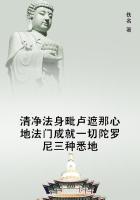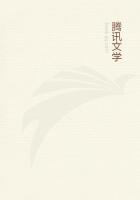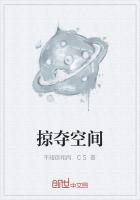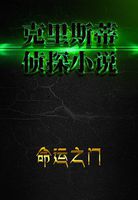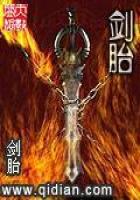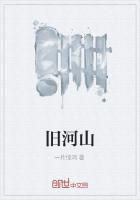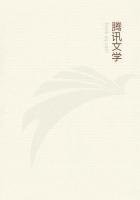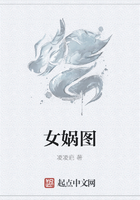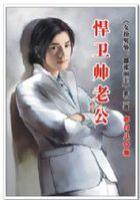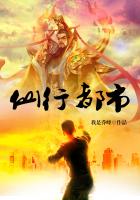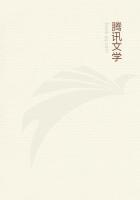Whitman is alive to all this. He sees that, if the poet is to be of any help, he must testify to the livableness of life. His poems, he tells us, are to be "hymns of the praise of things." They are to make for a certain high joy in living, or what he calls himself "a brave delight fit for freedom's athletes." And he has had no difficulty in introducing his optimism: it fitted readily enough with his system; for the average man is truly a courageous person and truly fond of living. One of Whitman's remarks upon this head is worth quotation, as he is there perfectly successful, and does precisely what he designs to do throughout: Takes ordinary and even commonplace circumstances; throws them out, by a happy turn of thinking, into significance and something like beauty; and tacks a hopeful moral lesson to the end.
"The passionate tenacity of hunters, woodmen, early risers, cultivators of gardens and orchards and fields, he says, the love of healthy women for the manly form, seafaring persons, drivers of horses, the passion for light and the open air, - all is an old unvaried sign of the unfailing perception of beauty, and of a residence of the poetic in outdoor people."
There seems to me something truly original in this choice of trite examples. You will remark how adroitly Whitman begins, hunters and woodmen being confessedly romantic. And one thing more. If he had said "the love of healthy men for the female form," he would have said almost a silliness; for the thing has never been dissembled out of delicacy, and is so obvious as to be a public nuisance. But by reversing it, he tells us something not unlike news; something that sounds quite freshly in words; and, if the reader be a man, gives him a moment of great self-satisfaction and spiritual aggrandisement. In many different authors you may find passages more remarkable for grammar, but few of a more ingenious turn, and none that could be more to the point in our connection. The tenacity of many ordinary people in ordinary pursuits is a sort of standing challenge to everybody else. If one man can grow absorbed in delving his garden, others may grow absorbed and happy over something else. Not to be upsides in this with any groom or gardener, is to be very meanly organised. A man should be ashamed to take his food if he has not alchemy enough in his stomach to turn some of it into intense and enjoyable occupation.
Whitman tries to reinforce this cheerfulness by keeping up a sort of outdoor atmosphere of sentiment. His book, he tells us, should be read "among the cooling influences of external nature;" and this recommendation, like that other famous one which Hawthorne prefixed to his collected tales, is in itself a character of the work. Every one who has been upon a walking or a boating tour, living in the open air, with the body in constant exercise and the mind in fallow, knows true ease and quiet. The irritating action of the brain is set at rest; we think in a plain, unfeverish temper; little things seem big enough, and great things no longer portentous; and the world is smilingly accepted as it is. This is the spirit that Whitman inculcates and parades. He thinks very ill of the atmosphere of parlours or libraries. Wisdom keeps school outdoors. And he has the art to recommend this attitude of mind by simply pluming himself upon it as a virtue; so that the reader, to keep the advantage over his author which most readers enjoy, is tricked into professing the same view. And this spirit, as it is his chief lesson, is the greatest charm of his work. Thence, in spite of an uneven and emphatic key of expression, something trenchant and straightforward, something simple and surprising, distinguishes his poems. He has sayings that come home to one like the Bible. We fall upon Whitman, after the works of so many men who write better, with a sense of relief from strain, with a sense of touching nature, as when one passes out of the flaring, noisy thoroughfares of a great city into what he himself has called, with unexcelled imaginative justice of language, "the huge and thoughtful night." And his book in consequence, whatever may be the final judgment of its merit, whatever may be its influence on the future, should be in the hands of all parents and guardians as a specific for the distressing malady of being seventeen years old. Green-sickness yields to his treatment as to a charm of magic; and the youth, after a short course of reading, ceases to carry the universe upon his shoulders.
III.
Whitman is not one of those who can be deceived by familiarity. He considers it just as wonderful that there are myriads of stars, as that one man should rise from the dead. He declares "a hair on the back of his hand just as curious as any special revelation." His whole life is to him what it was to Sir Thomas Browne, one perpetual miracle.
Everything is strange, everything unaccountable, everything beautiful; from a bug to the moon, from the sight of the eyes to the appetite for food. He makes it his business to see things as if he saw them for the first time, and professes astonishment on principle. But he has no leaning towards mythology; avows his contempt for what he calls "unregenerate poetry;" and does not mean by nature "The smooth walks, trimmed hedges, butterflies, posies, and nightingales of the English poets, but the whole orb, with its geologic history, the Kosmos, carrying fire and snow, that rolls through the illimitable areas, light as a feather though weighing billions of tons."

